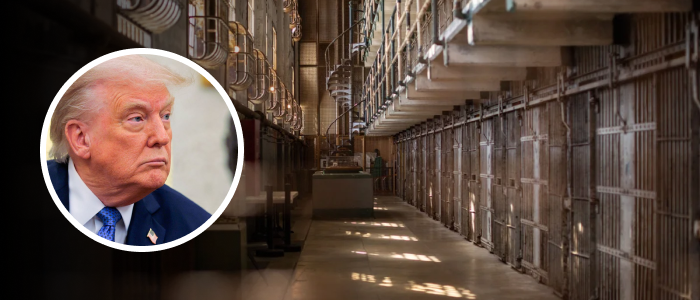As protests against the proposed entertainment complex legislation -- commonly known as the "casino bill" -- gather steam, its sponsor, the Pheu Thai Party, would be naive to assume the problem lies merely in communication. With diverse interest groups -- from religious organisations to medical professionals and academic institutes -- unanimously voicing their disapproval, it is clear that the fundamental issue lies with the core proposal itself, specifically the contentious 10% allocation of these entertainment complexes for the establishment of legalised casinos. Strangely, the coalition leader has tried to defend the bill by urging people not to focus on that critical 10% -- which is precisely the heart of the matter.
PM Paetongtarn Shinawatra repeatedly uses the term "just 10%" to downplay the concern. The party also implores the public not to "politicise" what it insists is merely an effort to boost the country's tourism development. If that is the case, the party must first stop politicising the issue itself.

All its cadres must stop branding opponents as pawns in a political game. Such debunking tactics not only inflame tensions but also reveal a lack of substantive research and data on the party's part. Instead, Pheu Thai would benefit from clearly articulating its vision for both the 90% entertainment complex and the 10% casino components.
While there is a legitimate concern that Thailand's nature-based tourism may be approaching its limit -- necessitating the development of new "man-made" attractions such as these proposed entertainment complexes -- the party has failed to provide any meaningful analysis of scenarios, plausible alternatives, or compelling evidence for why casino-based mega-projects represent the optimal option going forward. The entertainment complex bill itself, awaiting consideration in the next parliamentary session, only outlines broad frameworks for these new business operations -- guidelines which, critics note, are too vague and appear to grant almost unlimited decision-making authority to a committee composed solely of cabinet ministers and senior bureaucrats. In this respect, the Thailand Development and Research Institute (TDRI) has correctly argued that the cabinet lacks the necessary studies and analyses to support the development of high-rolling entertainment and casino businesses as an alternative tourism draw.
While the party's leaders and ministers repeatedly point to casino developments in other countries in the region, such as Macau, Singapore, or Malaysia, they have failed to articulate how Thailand's entertainment complexes would offer unique experiences capable of competing with these well-established destinations. It is simply not convincing to argue that Thailand must build casinos just because neighbouring countries have done so. The proposed legislation lists nine permissible businesses -- plus an open option for the committee to decide -- including shopping malls, nightclubs, hotels, sports arenas, amusement parks, gaming centres, and OTOP promotion areas.
Yet the crucial question remains unanswered: will these entertainments provide sufficiently unique experiences to draw tourists away from established attractions such as Singapore's Marina Bay Sands or Macau's glitzy resorts? The TDRI has raised another question regarding the financial basis for the government's licensing fees: five billion baht for 30 years, plus an annual fee of one billion baht. Without proper market analysis and investment return projections, it is difficult to see how the arrangement would be worthwhile for the nation. On average, operators would effectively be required to pay only about 1,100 million baht per year.
With no profit-sharing requirements or specific casino taxes in place, it appears Thailand would gain merely three to five billion baht annually if it allows three to five casinos to operate. Even accounting for job creation and downstream revenues in other sectors, these benefits appear insufficient -- especially when weighed against the social costs. Given these fundamental flaws in the bill, it is imperative for Pheu Thai to rethink the entire proposal.
If the party is determined to develop alternatives to traditional tourism as a national strategy, it should start with proper public consultation and re-engage citizens through transparent, evidence-based policymaking. The party's past efforts to simply state the vague benefits of the initiative have proven unsuccessful. To move forward, its leaders must provide clearer tourism development strategies that can deliver broad-based economic benefits while preparing mitigation measures.
Pheu Thai has told critics to refrain from playing dirty politics and to put the country's interests first. It is time for the ruling party to follow its own advice. The onus is on Pheu Thai to demonstrate the benefits of these businesses and prove they are indeed the correct option.
Anything less is but a roll of the dice -- a gamble too risky for the country to take..
Politics

Govt toys with risky roll of the dice

As protests against the proposed entertainment complex legislation -- commonly known as the "casino bill" -- gather steam, its sponsor, the Pheu Thai Party, would be naive to assume the problem lies merely in communication.















